
“Fasting today makes the food good tomorrow”-German Proverb
Holiday meals are all about carbs, sugar, and, let’s face it, indulgence. And we’re all here for it. The holiday season is notorious for unwanted weight gain. But it’s not just the weight you gain, it’s the onslaught of sugary foods you’re not used to consuming which will play chaos with your blood sugar and insulin levels. This will leave you bloated, fatigued, and make you lethargic, decreasing your energy levels. Extra calories and less activity can mean a higher risk of obesity, type 2 diabetes, heart disease and other illnesses. Scientific studies are showing that intermittent fasting may help reverse these trends.
But say you want to reset your body and diet following a day of blood sugar-rising foods. would you give intermittent fasting a go?
Understanding Intermittent Fasting 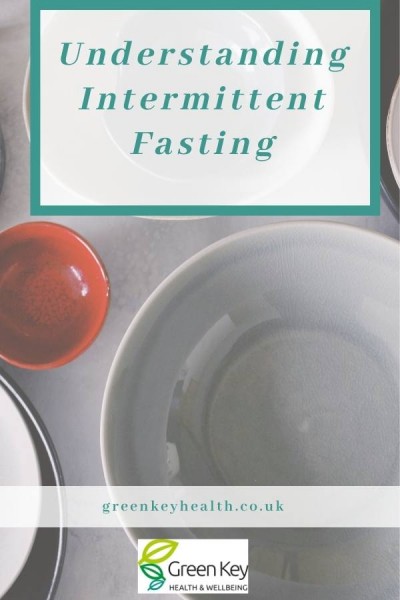
Intermittent fasting often forms part of the advice given to patients by health practitioners. It is an eating pattern where you rotate periods of eating and fasting. Intermittent fasting is not a diet, it's a pattern of eating. It's a way of scheduling your meals so that you get the most out of them. It doesn’t change what you eat, it changes when you eat. The beauty of eating in this way is that you begin to understand what hunger actually is; and just because your stomach is empty, it does not mean that you're hungry.
Research
Johns Hopkins medicine neuroscientist Mark Mattson, Ph.D., has studied intermittent fasting for 25 years. He says that “Our bodies have evolved to be able to go without food for many hours, or even several days or longer. In prehistoric times, before humans learned to farm, they were hunter-gatherers who evolved to survive — and thrive — for long periods without eating. It took a lot of time and energy to hunt game and gather nuts and berries. These physical activities and the intermittent fasting helped them maintain a healthy weight.
But in our present world, TV, the internet and other forms of entertainment are available 24/7. We stay awake for longer hours to catch our favourite shows, play games and chat online. We’re sitting and very often snacking all day — and most of the night.”
Fasting has been practiced for thousands of years by many people across different religions and cultures around the globe.
Today, new varieties of fasting put a new twist on the ancient practice. There are several different ways of doing intermittent fasting — all of which involve splitting the day or week into eating and fasting periods. During the fasting periods, you eat either very little or nothing at all.
16/8 Method
16/8 intermittent fasting involves eating only during an 8-hour window and fasting for the remaining 16 hours. This cycle can be repeated as frequently as you like — from just once or twice per week to every day, depending on your personal preference. Eat a healthy diet during your eating period and drink calorie-free beverages like water or unsweetened and herbal teas and a limited amount of coffee during fasting all help to control your appetite while keeping you hydrated.
12/12 method
This is a method whereby instead of eating any time, you are restricted to consuming your daily caloric intake within 12 hours, then go without food for the next 12 hours. In simple terms fast for 12 hours a day and eat within a 12-hour window. For eg: if you eat your last meal at 7 pm then have breakfast the next morning after 7 am.
6/1 method
This type of intermittent fasting is relatively straightforward – you eat normally 3 meals a day for six days a week, and fast on the one day. You can consume liquids (unsweetened, without dairy) & raw food on the fasting day.
Eat-Stop-Eat Method of Intermittent Fasting
This method of fasting is also called a 24-hour protocol, which requires you to do a 24-hour fast, once or twice a week. You can choose the time you start fasting. Some people prefer to fast from 8pm to 8pm the following day, or begin their fast after breakfast. During this time you only drink water and herbal teas with no sugar or milk, including non-dairy milks.
Example of healthy foods to take when you are Intermittent fasting 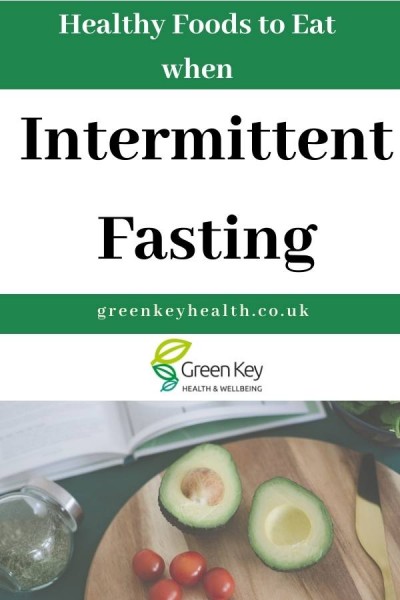
- Avocados are recommended because they have monounsaturated fats that are very satisfying. Taking avocado with your meals can make you full for longer than if you did not include it in the meal.
- A large egg contains 6 grams of proteins, which is important for keeping you satisfied.
- Beans and legumes have low-calorie and high-fibre carbs.
- Berries have vital nutrients such as vitamin C that boosts immunity.
- Fish is rich in healthy omega-3 fats, protein, and vitamin D.
- Kefir, Kombucha, or Sauerkraut are probiotic-rich foods that can be included in your meals.
- Nuts have good fats. For instance, the polyunsaturated fats in walnuts alter biological markers for satiety and hunger.
- Sweet potatoes can help in weight management. Just be sure to prepare them healthily. For instance, avoid French fries or potato chips and go for roasted, boiled, or mashed potatoes.
- Vegetables such as broccoli, cauliflower, and Brussels sprouts contain fibre, preventing constipation, and making you feel full. This will help you feel comfortable without food for 12 hours.
- Whole grains such as sorghum, millet, and bulgur have fibre and protein, therefore making you feel full. They also increase your metabolic rate.
Health Benefits of Intermittent Fasting
Research shows that the intermittent fasting periods do more than burn fat. Numerous studies show that there are powerful benefits for your body and brain. Its claimed to cause weight loss, improve metabolic health, improve blood sugar control & perhaps even extend lifespan.
Mattson explains, “When changes occur with this metabolic switch, it affects the body and brain.” 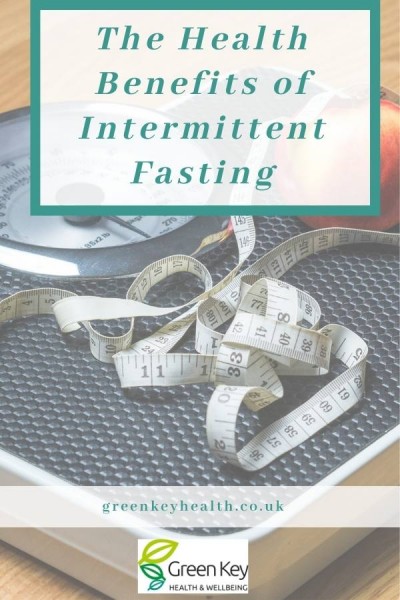
The New England Journal of Medicine revealed data about a range of health benefits associated with the practice of intermittent fasting. These include a longer life, a leaner body and a sharper mind.
- Good for your brain -Thinking and memory- Studies discovered that intermittent fasting boosts working memory in animals and verbal memory in adult humans.
- Heart health- Intermittent fasting improved blood pressure and resting heart rates as well as other heart-related measurements.
- It changes the function of cells, genes & hormones- when you do not eat for a while your body initiates important cellular repair processes & changes hormone levels to make stored body fat more accessible. There are beneficial changes in several genes and molecules related to longevity and protection against disease
- Helps you lose weight and belly fat- intermittent fasting enhances hormone function to facilitate weight loss. Short-term fasting increases metabolic rate by 3.6-14%, helping you burn even more calories. It boosts your metabolic rate (increases calories out) and reduces the amount of food you eat (reduces calories in).
According to Hippocrates, “Our food is our medicine and our medicine is our food”. Therefore, to eat when you are sick is to feed your sickness. Fast forward to today, modern science agrees that having a full stomach all the time is not ideal for long-term health. Evolutionary adaptation has made our bodies very efficient at storing energy reserves, and drawing upon them when food supplies are scarce.
Note: Individuals with the following conditions should abstain from intermittent fasting without professional supervision:
- Diabetes
- Eating disorders that involve unhealthy self-restriction (anorexia or bulimia nervosa)
- Use of medications that require food intake
- Active growth stage, such as in adolescents
- Pregnancy, breastfeeding
To discuss something prior to booking your kinesiology, naturopathic and herbal consultation, please contact Rachel directly.
References:
Intermittent Fasting 101 — The Ultimate Beginner's Guide (healthline.com)
Mansell PI, Fellows IW, Macdonald IA. Enhanced thermogenic response to epinephrine after 48-h starvation in humans. Am J Physiol. 1990 Jan;258(1 Pt 2): R87-93. doi: 10.1152/ajpregu.1990.258.1. R87. PMID: 2405717 https://journals.physiology.org/
Effects of Intermittent Fasting on Health, Aging, and Disease | NEJM
Intermittent Fasting: What is it, and how does it work? | Johns Hopkins Medicine
Greek Medicine: FASTING AND PURIFICATION
New here? I write about how to take a holistic approach to health and well-being, to treat illness and help you be the best you can be. You can read similar blogs here:
Traditional Ayurvedic Home Remedy for Colds and Flu
Benefits of Vitamin D in Immunity and Protecting against Depression
Fermented Foods – A Simple Way to Good Gut Health
The Fear Factor – What’s Holding You Back?
Post COVID19: 5 Steps to Creating Strong Immune Health in the Workplace
10 Tips for Protection Against Electromagnetic Radiation
Finding the New Norm
Kindness Costs Nothing: Building Healthy Relationships
Do you love Pinterest as much as I do? Please pin any of these graphics!
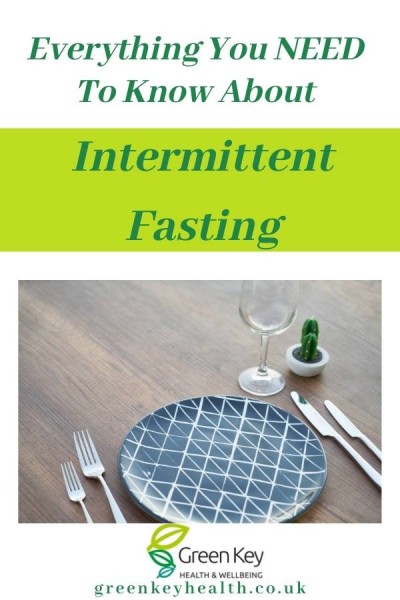

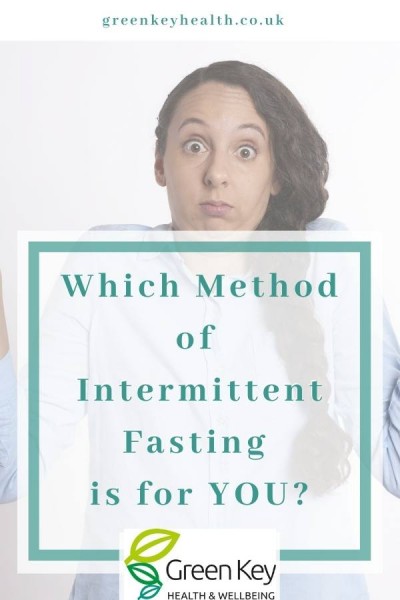

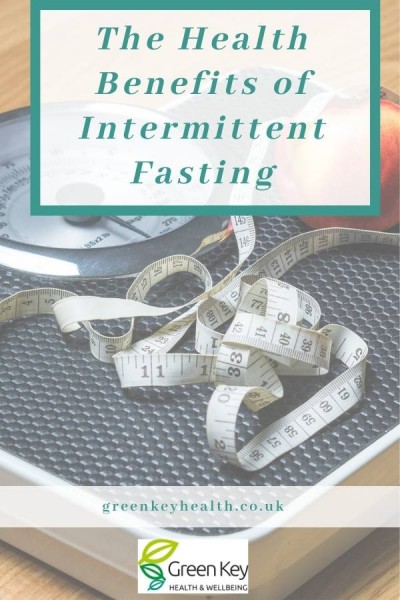

Add new comment